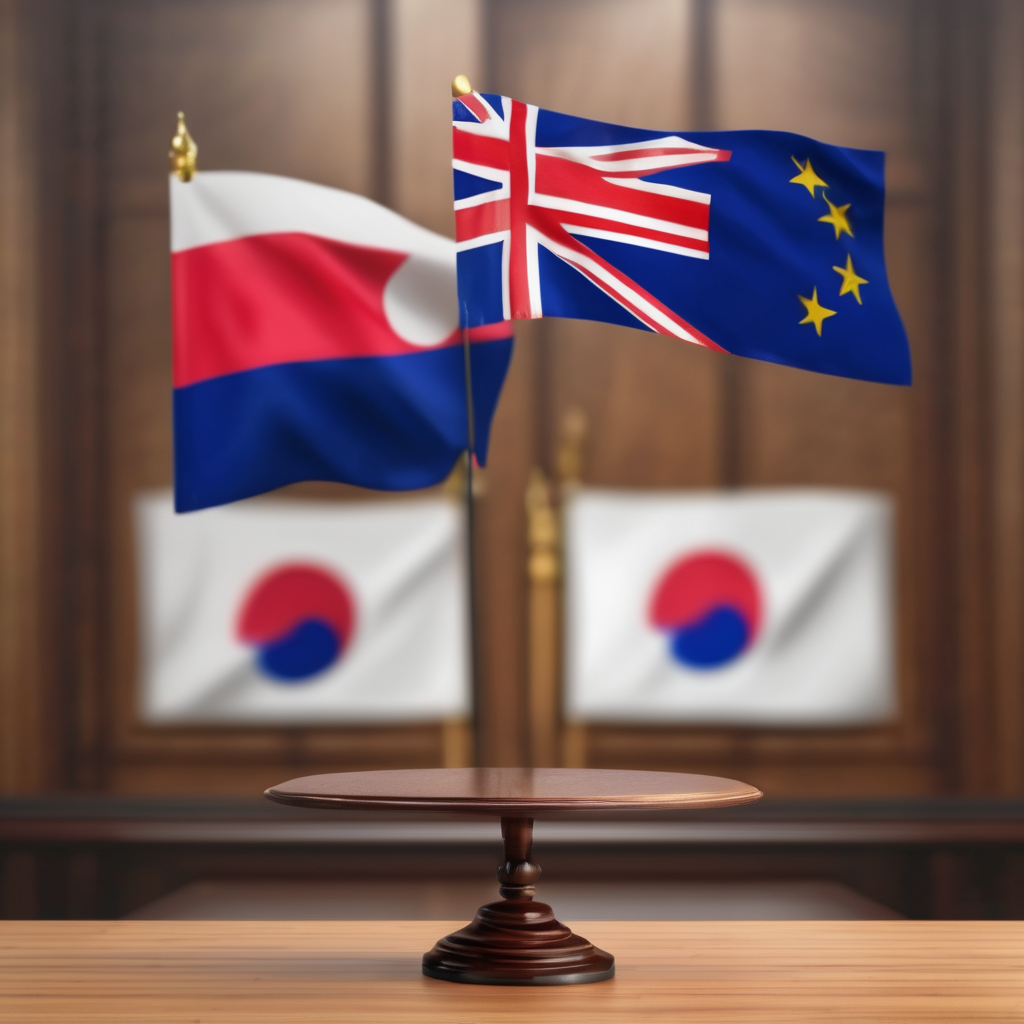China has voiced its strong discontent with Fiji following a diplomatic visit by Filipo Tarakinikini, Fiji’s Permanent Representative to the United Nations, to Taiwan. This visit has been interpreted by the Chinese government as a violation of the one-China principle, which asserts that Taiwan is part of China, maintaining that there is only one sovereign state under the name China.
During his visit to Taiwan, Tarakinikini engaged in discussions with Vice President Hsiao Bi-khim and other diplomats from countries that support Taiwan, including Paraguay and the Marshall Islands. The talks underscored the backing these nations provide to Taiwan, reinforcing its position in global affairs.
Chinese Foreign Ministry spokesperson Mao Ning criticized Tarakinikini’s trip, stating it “severely violated Fiji’s political commitment” to China. Mao emphasized that China strongly opposes any official exchanges between Taiwan and countries maintaining diplomatic relations with it, describing such actions as “despicable” and asserting they would not be beneficial for Taiwan.
This incident unfolds at a pivotal moment as China and Fiji were coinciding their celebration of 50 years of diplomatic relations. Fiji has historically been a key partner for China in the Pacific, notably being the first island nation in the region to establish these diplomatic ties. Mao pointed out that Fiji’s adherence to the one-China principle has been an essential component of their bilateral relationship.
To commemorate their diplomatic milestone, China’s President Xi Jinping and Premier Li Qiang sent congratulatory messages to Fiji’s President Ratu Naiqama Lalabalavu and Prime Minister Sitiveni Rabuka. Mao reiterated China’s commitment to enhancing cooperation with Fiji across various sectors, with an ambition to elevate their comprehensive strategic partnership to new levels.
As Fiji navigates its complex diplomatic landscape, balancing its relationships with both China and Taiwan, this situation may open doors for future dialogue that promotes cooperation and stability within the Pacific region. Such diplomatic interactions highlight the delicate balancing act that Fiji faces, potentially leading to more productive engagement that benefits regional alliances and fosters mutual growth amid increasing international attention.
